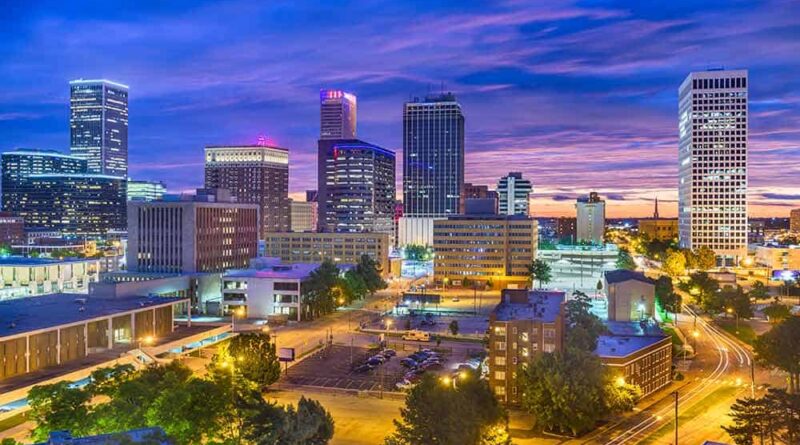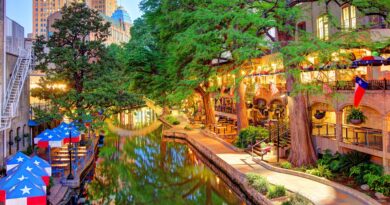History Of Tulsa Oklahoma
Tulsa, Oklahoma is a city that has come a long way since its humble beginnings in the late 1800s. What started as a small settlement along the Arkansas River has grown into a thriving metropolis with a diverse economy, a vibrant culture, and a rich history. Today, Tulsa is known for its world-class museums, parks, and festivals, as well as its entrepreneurial spirit and commitment to innovation. But to truly understand the city and appreciate its many charms, it’s important to explore its past.
Early History
The area that is now Tulsa was first settled by the Creek and Cherokee tribes, who were forced to relocate to Indian Territory in the 1830s. In the late 1800s, a group of Creek Indians established a settlement along the Arkansas River, which they named Tulasi, meaning “old town” in Creek. This settlement was later renamed Tulsa.
In 1898, the discovery of oil in the area led to a boom in population and economic growth. The city quickly became a hub for the oil industry, with many major oil companies setting up operations in Tulsa. This era of growth and prosperity lasted until the Great Depression of the 1930s.
Tulsa Race Massacre
One of the darkest moments in Tulsa’s history occurred in 1921, when the city was the site of one of the worst instances of racial violence in American history. The Tulsa Race Massacre, as it became known, began on May 31, 1921, after a young black man was accused of assaulting a white woman. A mob of white residents, including many members of the Ku Klux Klan, descended on the city’s black neighborhood, known as Greenwood and affectionately known as Black Wall Street.
Over the course of two days, the mob destroyed over 35 blocks of the neighborhood, killing as many as 300 people and leaving thousands homeless. Despite the scale of the violence and destruction, the Tulsa Race Massacre was largely forgotten in the decades that followed, and many Tulsa residents were unaware of the event until the 1990s.
Modern Tulsa
After the Great Depression and World War II, Tulsa experienced a period of renewed growth and prosperity. The city diversified its economy beyond oil and gas, with major companies like American Airlines, Williams Companies, and ONEOK establishing headquarters in Tulsa. Today, the city is home to a thriving arts scene, with world-class museums like the Philbrook Museum of Art and the Gilcrease Museum, as well as festivals like the Tulsa State Fair and the Tulsa International Mayfest.
Tulsa has also become a hub for entrepreneurship and innovation, with a number of startups and tech companies choosing to make the city their home. In recent years, the city has invested heavily in infrastructure and redevelopment projects, including the creation of the Gathering Place, a 66-acre park on the banks of the Arkansas River.
Conclusion
Tulsa, Oklahoma is a city with a rich history and a bright future. From its early days as a small settlement to its boom years as an oil town, and from the tragedy of the Tulsa Race Massacre to the growth and diversity of the modern era, Tulsa has proven itself to be a resilient and dynamic community. Whether you’re a history buff, an art lover, or a tech enthusiast, there’s something for everyone in Tulsa.
Discover more from City Towner
Subscribe to get the latest posts sent to your email.




